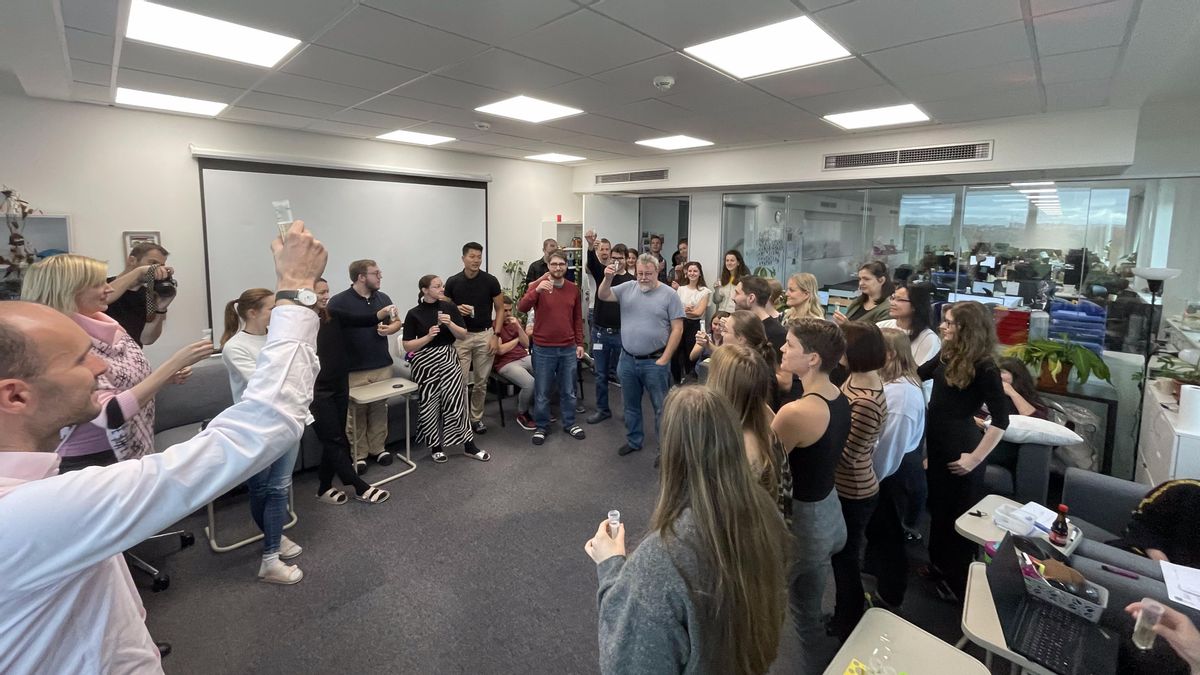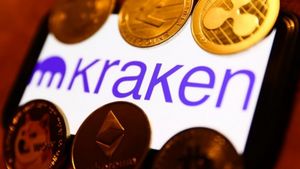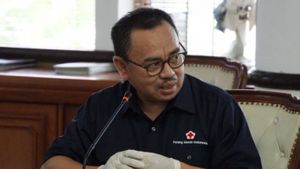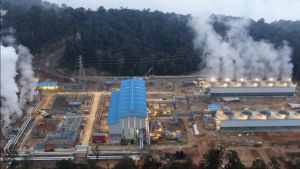Czech Republic startup Bene Meat Technologies became the first company to win EU licensing registration for laboratory-made meat. The meat can be used for pet food. The company plans to increase production to several tons of metrics per day starting next year, as announced by the company on Wednesday, November 8.
A number of companies are competing globally to develop laboratory-made meat and fish products that can attract consumers who are concerned about ethical issues and the environmental impact of livestock farming, which is the main source of greenhouse gas emissions.
In the United States, Upside Foods and Good Meat obtained regulatory approval last June for meat called cultivation, made of animal cells, for human consumption. Even before in Singapore it was also permitted. However, large-scale production has yet to begin.
Bene Meat has shifted its focus to the pet food sector to present products that can be marketed to global pet food producers as raw materials to be included in their final products.
"We have become the first company in the world to have official permits for the production and sale of farmed meat for cats and dogs," said Bene Meat Technologies President Director Roman Kriz, quoted by VOI from Reuters.
According to the company, the product received certification at the European Feed Materials Register.
Kriz said the company was able to increase production and offer prices to make these products commercially.
He said the cost of Bene Meat would allow the final product to be sold at a price around the premium and super-premium pet food levels in the market.
Bene Meat plans to test the taste of the product on the animal, while increasing production in the current Pogue laboratory and at the new location it is looking for.
"Currently we are in kilograms per day," said Kriz. "We hope that next year we will reach the level of hundreds of kilograms to tons every day."
The startup, founded in 2020 and owned by Czech Republic medical device manufacturer BTL Group, has more than 80 researchers and developers and has invested "millions of euros" in its development.
Kriz hopes to become financially independent within the next year. "Dating for human consumption also remains one of our goals," said Kriz.
관련 항목:
Kriz said Bene Meat, like the others, uses cells from living animals, which grow in containers known as bioreactors, which are fed by a nutritional supply. He was reluctant to comment on the details.
He said in addition to ethical and environmental issues, another benefit is that laboratory-made meat is made under full control, while consumers are not 100% sure of what livestock eat throughout their life.
Companies are in talks with pet food producers about supply, but also want to work with them to possibly establish production lines in their current facilities. They also plan to develop their own brands of pet food products.
The English, Chinese, Japanese, Arabic, and French versions are automatically generated by the AI. So there may still be inaccuracies in translating, please always see Indonesian as our main language. (system supported by DigitalSiber.id)


















